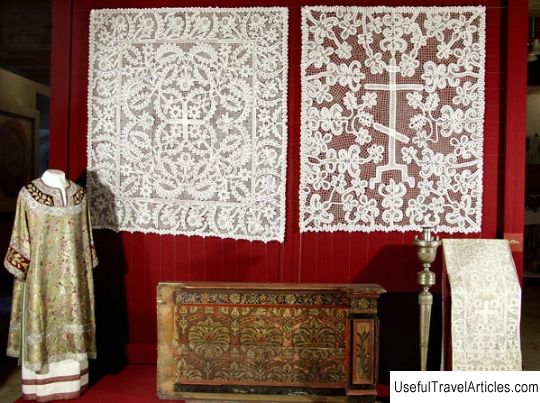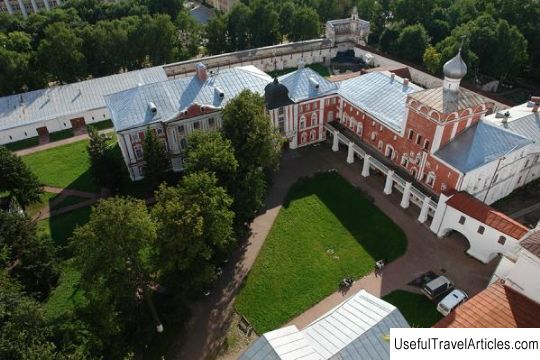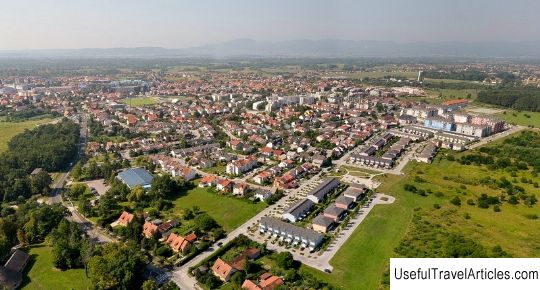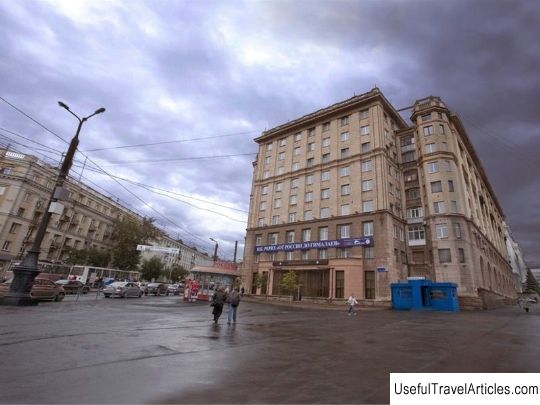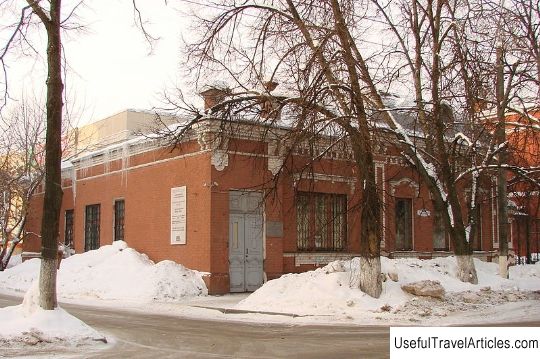Lace Museum description and photos - Russia - North-West: Vologda
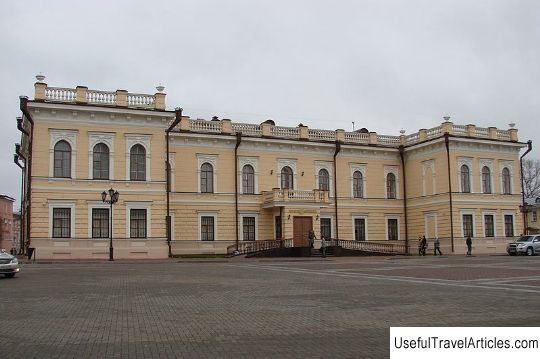
Lace Museum description and photos - Russia - North-West: Vologda. Detailed information about the attraction. Description, photos and a map showing the nearest significant objects. Photo and descriptionVologda has long been recognized as a center of lace making, and is rightfully considered the capital of Russian lace. According to experts, this art in the Vologda region originated in the 16th-17th centuries, but its existence as a craft can be traced from the beginning of the 19th century. A close-knit team of professionals worked on the creation of the museum - restorers, builders, museum workers, artists and installers who installed the exhibition equipment. The artist-designer Sergei Mikhailovich Ievlev, a native of Vologda, "conjured" the artistic design of the museum. The museum is considered the standard of the 21st century museum; it has advanced technology, exquisite design and rare exhibits. The Lace Museum is a branch of the Vologda Museum-Reserve, is located in a stone two-story building, near the walls of the Vologda Kremlin. The total area of the building is 1500 sq.m. A significant amount of money was allocated from the regional budget to carry out restoration work in 2008. The Lace Museum was opened in November 2010. It is the only one in the Russian Federation. There are no such museums in the country. The exposition area of lace is 600 square meters. On the ground floor there are: an art salon-shop, exhibition halls, a lace cafe, there is also a classroom where there are studios where they learn lace. The exposition is located on the second floor and occupies eight rooms. Here, more than 700 items from the stock collections of the Vologda Museum-Reserve are presented to the attention of visitors. The exposition is in chronological order. The first hall displays the creativity of European lace centers - France, Germany, Poland, Slovakia, Spain, the era of origin and development of lace-making as an art (XVII-XVIII centuries) is also traced here, while lace-making was performed with silver and gold threads. The work on the creation of the collection continued for several years. The collection is based on rare exhibits of lace-making from the funds of the Vologda Museum-Reserve. In addition, according to specially designed sketches, outfits from the late 19th - early 20th centuries were made, original products of the leading Vologda lace-makers were purchased, as well as lace samples from foreign centers of Belgium, France, Germany, Poland and Austria. The museum received some exhibits as a gift from organizations and individuals. The halls of the lower floor of the museum are used for mobile and changeable exhibitions. In 2011, visitors to the museum were presented with temporary expositions of "Craftswomen's Lace" and "The Charm of European Lace". The first exposition reveals the topic - lace making in the visual arts. The second exhibition showcased the best works of European lace provided by Mick Furisco's private collection. A large subdivision has been opened at OJSC Vologda Textile, where more than a dozen craftswomen manually create Vologda laces. The exposition of the Russian museum, most likely, will not be inferior to the French: in the collection of Mick Furisco there are about 2 thousand exhibits, while the collection of the Vologda museum has 4 thousand excellent laces. In the shop of the Lace Museum you can buy various lace products,       We also recommend reading House-museum of the artist P. V. Kuznetsov description and photo - Russia - Volga region: Saratov Topic: Lace Museum description and photos - Russia - North-West: Vologda. |
